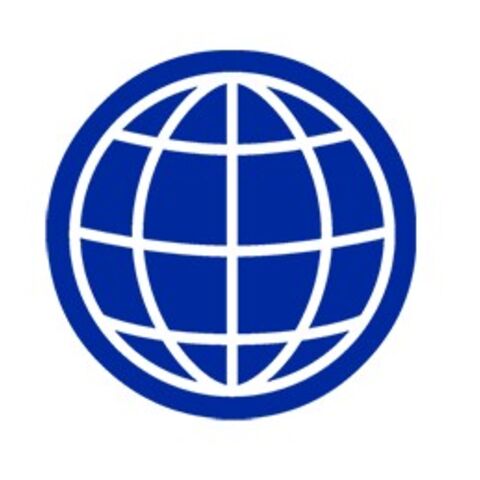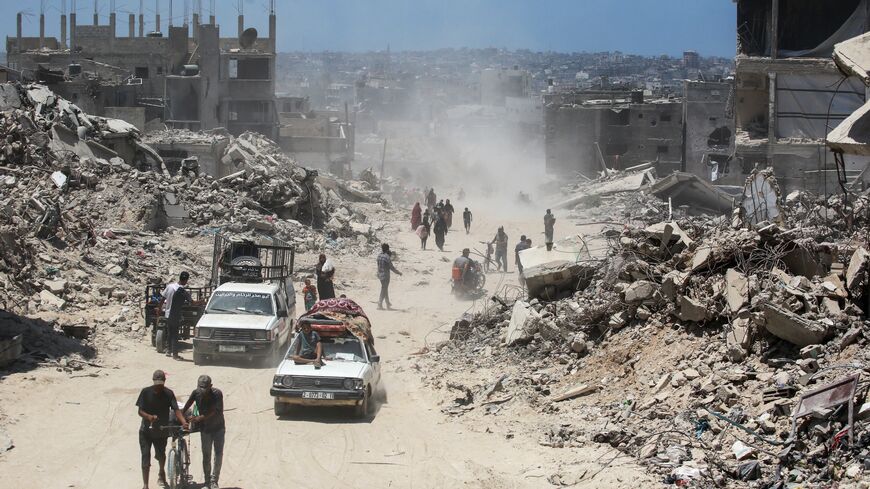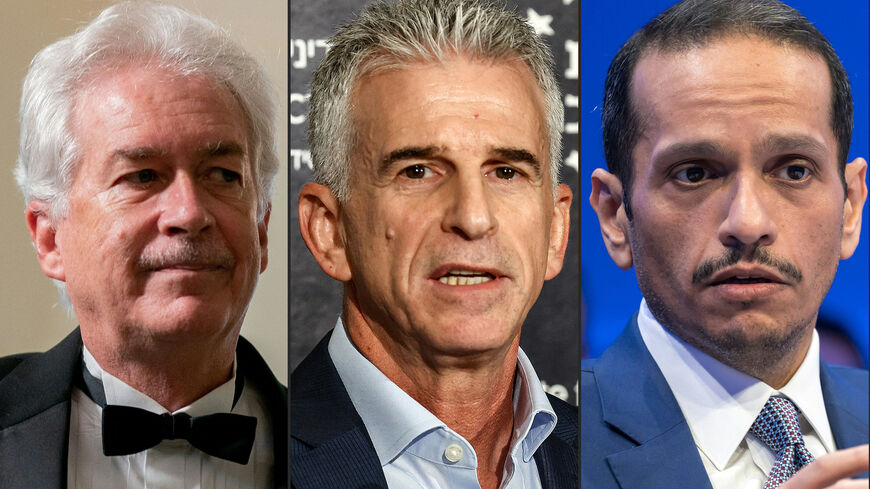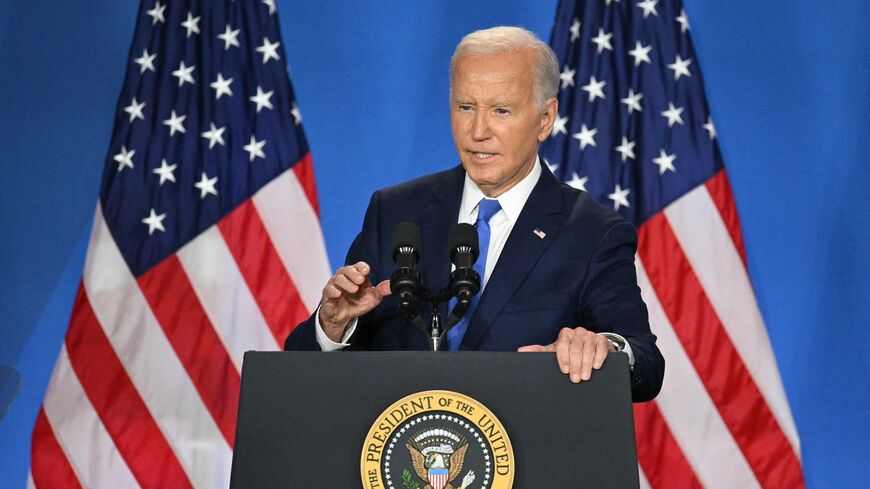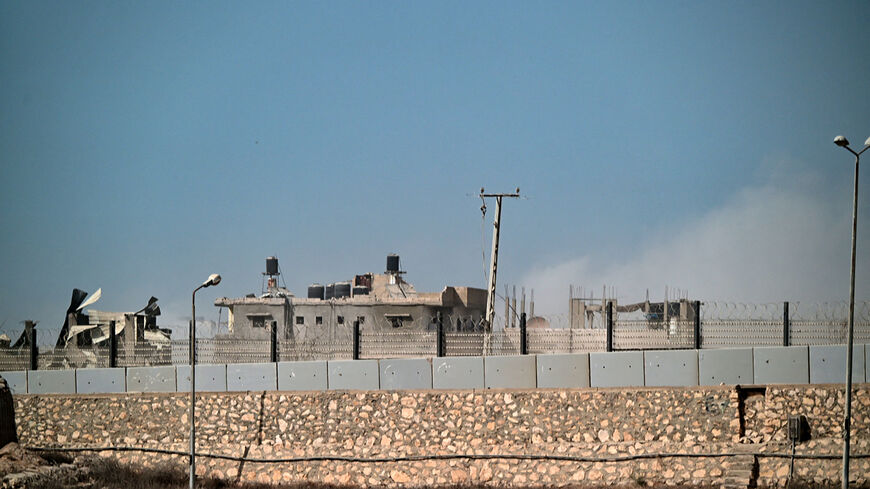Qatar to host Gaza cease-fire talks amid Iran-Israel tension: What we know
Hamas says it will not attend the talks, which will take place in Doha.

US-backed negotiations to secure a potential cease-fire in the Gaza Strip will take place in Doha Thursday, as fears grow of an Iranian attack against Israel in response to the assassination of Hezbollah commander Fuad Shukr and Hamas political leader Ismail Haniyeh.
A source briefed on the talks said CIA Director William Burns, Egyptian General Intelligence Director Abbas Kamel, Israeli Mossad Director David Barnea and Qatari Prime Minister Sheikh Mohammed bin Abdulrahman bin Jassim Al Thani would be in attendance.
The head of Shin Bet, Ronen Bar, Israeli military hostage coordinator Nitzan Alon and Prime Minister Benjamin Netanyahu’s political adviser Ofir Fleck will also travel to Doha for the talks. The decision to enlarge the delegation, which Netanyahu’s office confirmed was made Wednesday, could mean a broader mandate for the team to negotiate an agreement.
US Ambassador to Israel Jack Lew said that reaching a deal would open "a pathway for conversations to have a diplomatic solution in the north and other critical strategic objectives, which would leave Israel the region and our countries safer."
Hamas said it would not be participating in this round of talks.
Ahmad Abdul Hadi, an official from the militant group in Beirut, released a press statement on the upcoming talks. "We are not against the concept of negotiations and we were flexible in the previous rounds," he said. "But Netanyahu and his government rejected [the July proposal], put new conditions, they assassinated the head of our movement," he went on, referring to the Haniyeh assassination.
Hamas, CBS reported, is, however, willing to meet with mediators after Thursday's talks in Qatar if Israel offers what they call a "serious response."
On May 31, President Joe Biden outlined a three-phase plan that would begin with a six-week halt to the fighting and involve the release of the remaining 120 hostages held in Gaza, including the deceased.
During the first phase of the proposed deal, Hamas would free elderly, wounded and female hostages in exchange for the release of hundreds of Palestinian prisoners held in Israeli jails, a surge of humanitarian assistance and the Israeli military’s withdrawal from heavily populated areas.
The deal’s second and third phases are seen as the hardest to implement, as they call for Hamas to release the remaining hostages and for Israel to fully withdraw its troops from Gaza even if Hamas leader Yahya Sinwar remains at large.
Brett McGurk, the White House's top Middle East policy official on the National Security Council, is currently in the region, Axios reported this week.
Amos Hochstein, the Biden administration's top energy envoy and lead negotiator on de-escalating a potential war between Lebanese Hezbollah and Israel, arrived in Beirut on Wednesday in line with diplomatic efforts to avert an all-out war between Israel and Iran.
Iran and Hezbollah continue to vow retaliation for the twin assassinations attributed to Israel — of Shukr in Beirut on July 30 and of Haniyeh the following day during a visit to Tehran. Israel has claimed the drone strike on Shukr, which came after US and Western officials assured Lebanese intermediaries that Israel would not strike Beirut. Israeli officials have neither confirmed nor denied having a role in the assassination of Haniyeh.
Biden was asked on Tuesday if he believed Iran would hold off retaliating against Israel if a cease-fire was reached. “That’s my expectation,” he replied. “We’ll see what Iran does, and we’ll see what happens if there is any attack. But I’m not giving up.”


